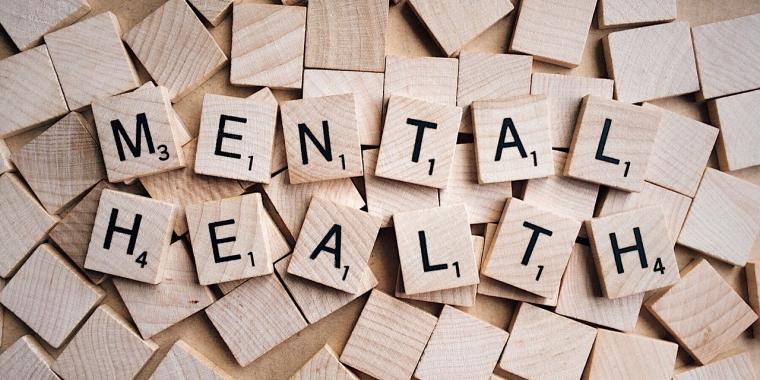Financial Problems & Mental Health

The vicious cycle between financial problems and poor mental health
by Sarah-Jayne Dunn, Manager, CAS Financial Health team
This article was first published in the Herald on 7 September.
Today sees the end of Challenge Poverty Week. And next Tuesday is World Mental Health Day. I imagine these dates were chosen separately, but it’s actually very appropriate that the one follows on so quickly from the other.
I’ve written here before about how these two issues are linked: how poverty can create a vicious cycle where it becomes both the cause and consequence of poor mental health.
In the CAB network we see the real human impacts of this cycle up close every day. 1 in 2 of our clients who are in problem debt report that they also have a mental health issue. And research from the Money and Mental Health Policy Institute shows that 1 in 6 UK adults have experienced suicidal thoughts due to the current cost of living crisis.
Writing here last Mental Health Day I talked about how ‘linked problems need linked solutions,’ and how by dove-tailing the support a person receives for their mental health with the support they get for their money worries we could break the vicious cycle that has them trapped. I promised that we in CAS would push for those linked solutions to become reality. So, a year on, how are we doing on that?
Well, at local level, pretty well. A good example is in the Borders, where for the last year our three local CABs there have been participating in a programme which trains staff in NHS Borders mental health teams in how to have money conversations with their clients. There are many such initiatives across the country, but we need to see more of them.
In April, CAS launched our Good Practice Creditor Guidance, which urges creditors to make their debt collection procedures more considerate of their debtors’ circumstances, including their mental health. This guide (freely available on our website) provides creditors with practical tools to actively support people in debt through mental health and money worries – which will in turn improve the lenders’ chances of having their debts repaid.
And last month I gave evidence to the Scottish Parliament on the Bankruptcy and Diligence Scotland Bill, which will introduce a Mental Health Moratorium – something we’ve long been pushing for. The parliamentary language is a bit dry, but this is a vital piece of legislation. It will give those who are undergoing compulsory mental health treatment a legally enforceable pause on any debt collection activity. Once they’ve recovered they can then re-engage with their debt issues and begin to re-pay their arrears.
It’s surely common sense that people whose mental health is so poor that they need intensive support are given the time, space and compassion to first focus on their recovery, and then some breathing space to deal with their debts.
The Mental Health Moratorium will be focused only on those in the most severe mental health conditions, but it’s another step in the right direction. We may not have broken the vicious cycle completely, but this legislation shows what can be achieved when policymakers, advice agencies and mental health teams work together and focus on solutions.
This is something that I personally feel passionate about and CAS will continue to commit to. Hopefully by next year’s Mental Health Day, I’ll be able to write here about even more progress.